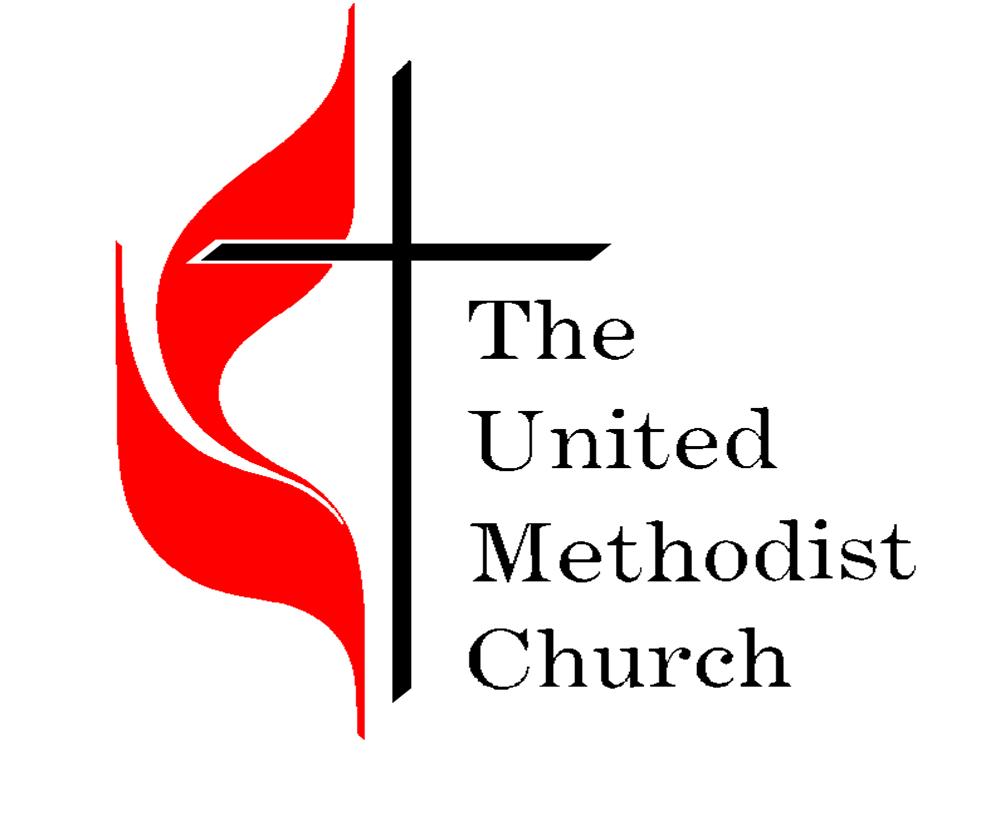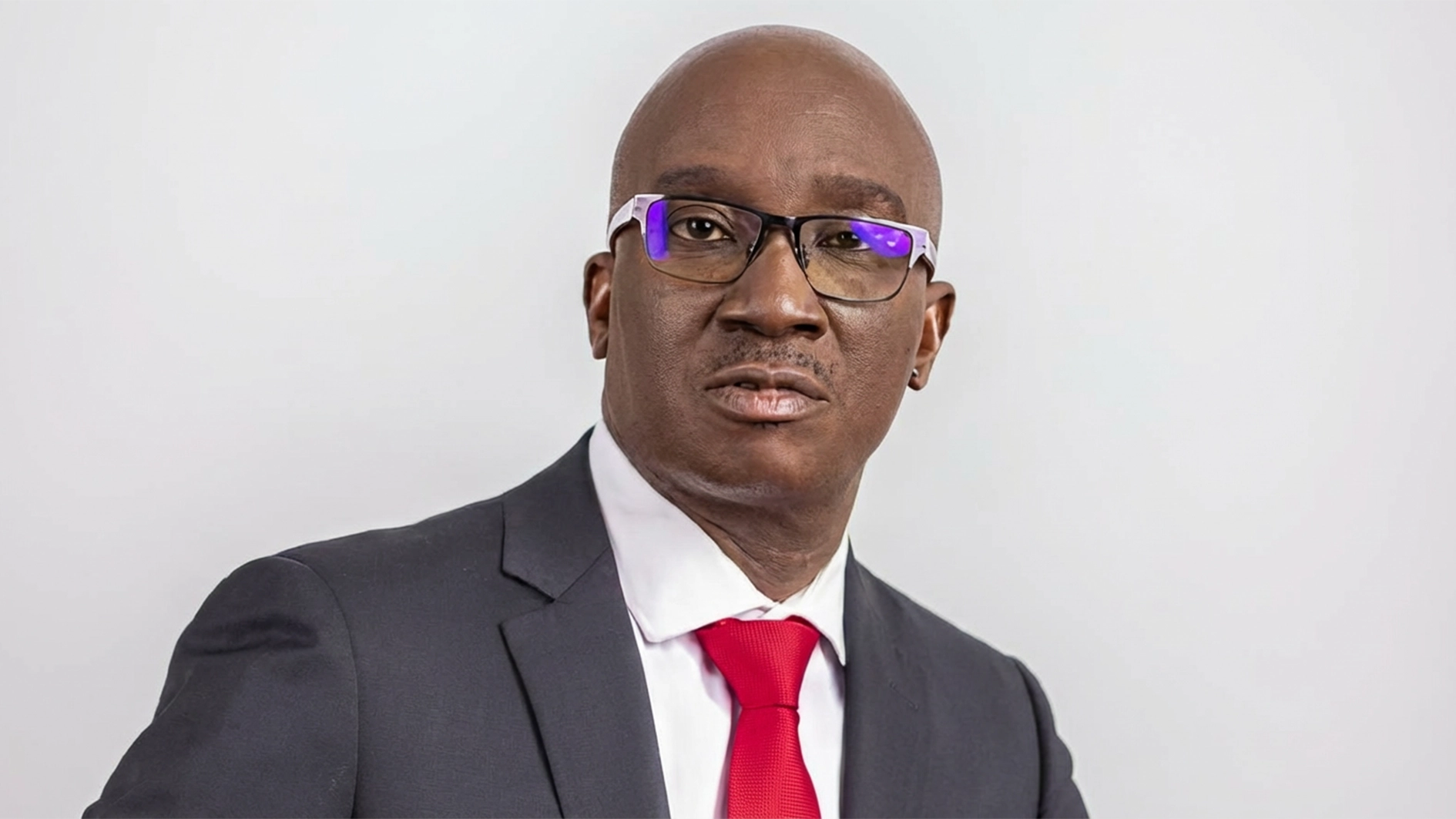The United Nations Children’s Fund (UNICEF) has said its efforts over the last three decades have led to about 15,000 out-of-school children being absorbed into the formal school system across Katsina State.
UNICEF also said that a total of 112 Tsangaya, or Islamic, schools were integrated into the formal, or Western, education system across the state during the same period.
The Chief of the UNICEF Field Office in Kano, Mr Rahama Farah, stated this in Kano State on Thursday afternoon during a zonal commemoration of World Children’s Day and the unveiling of the Nigerian Child 2025 Report.
The event, organised by UNICEF in collaboration with the Kano State Radio Corporation, was attended by stakeholders from Kano, Katsina, and Jigawa states, where a children’s panel session was organised and children-related matters were discussed.
Farah said UNICEF’s collaboration with the Katsina State Government has resulted in an increase in the budgetary allocation for the control of acute malnutrition.
Similarly, he said the collaboration has enabled the state to attain the status of Open Defecation Free (ODF), making it the second state to do so after Jigawa State.
“UNICEF’s collaboration with the Katsina State Government has resulted in increased investment by the government in addressing severe acute malnutrition, with the Government contributing over N1 billion for the procurement of Ready-to-Use-Therapeutic Foods (RUTF) under the Child Nutrition Match Fund (CNF).
“With UNICEF’s support, Katsina State has recently attained the status of ODF state and become the second state in Nigeria after Jigawa to achieve this result.
“Under Child Protection, the Katsina State Government and UNICEF are implementing a massive birth registration Programme to ensure that every child in Katsina state has a birth certificate which confers them a legal identity as prescribed by Article 7 of the UN Convention of the Rights of the Child to which Nigeria is a signatory.
“UNICEF and Katsina State Government collaboration is also addressing Sexual and Gender based Violence against children, including child marriage, through community-driven interventions.”
Farah also said that collaboration with the Jigawa and Kano state governments has produced encouraging results in promoting children’s rights.
According to him, collaboration between “UNICEF and the Jigawa state Government has resulted in the Masaki Initiative, a community driven initiative to address child malnutrition in children under five. This has become a model that other states are learning from.
“This strategic intervention has been very effective and is being adopted by other states in Nigeria as a model to tackle malnutrition in children under five.
“Jigawa state has also recorded improved immunisation outcomes in the last ten years, thanks to the partnership with UNICEF,” adding that both Jigawa and Kano states have also made N1 billion contributions each for RUTF procurement at the local council areas.
“In Kano State, UNICEF’s collaboration with the state government is addressing immunisation coverage gaps through solarisation of PHC facilities, thanks to funding support of Gavi and partners.
“With the generous support of the FCDO, UNICEF facilitated the renovation and upgrading of 27 Primary Health Care (PHC) facilities in Kano State and 12 PHCs in Jigawa State through the CRIBS project, significantly strengthening maternal, newborn, and child health services in the two states.
“We have also inaugurated medical Oxygen facilities which are functional and contributing to child survival in Kano state.”
He said that though the three states and Nigeria at large had made progress in addressing child-related matters, urgent, sustained and united action is required so that stakeholders would safeguard the future of the Nigerian child.






